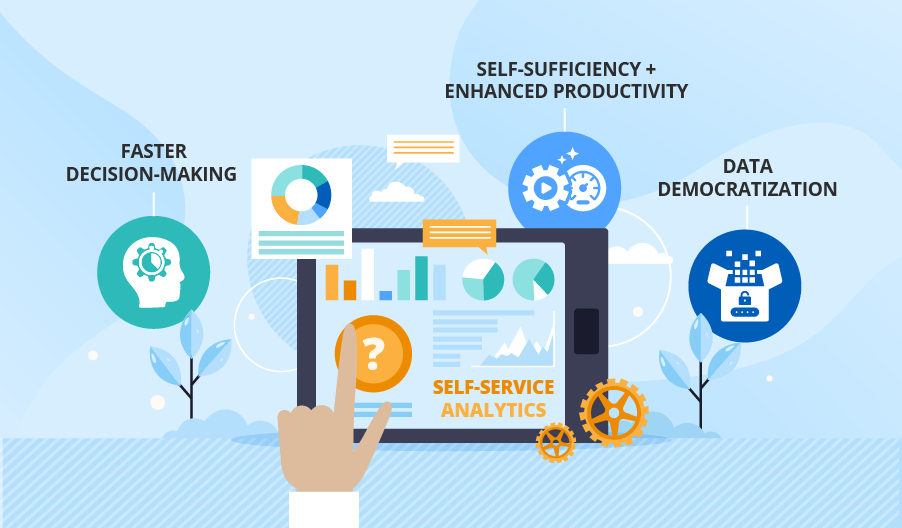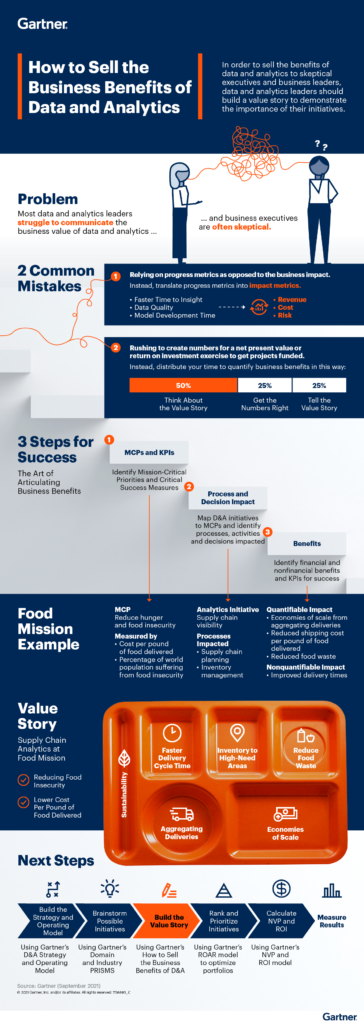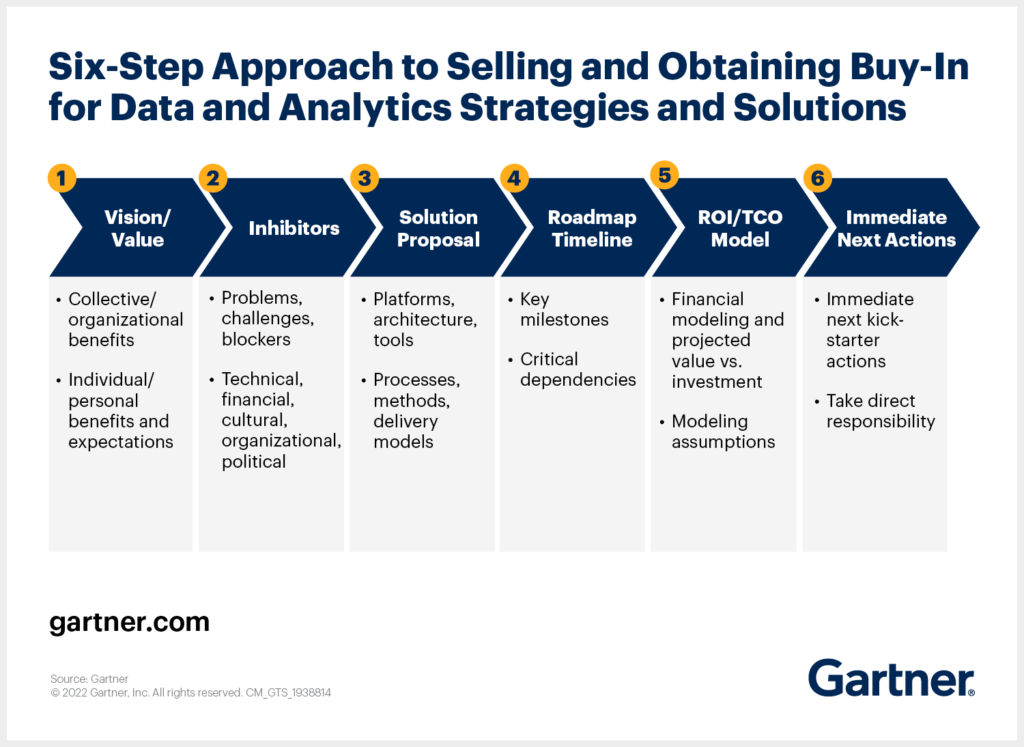In today’s data-driven world, businesses and organizations are constantly striving to make sense of the vast amounts of information at their disposal. Data analytics has emerged as a powerful tool to help them achieve this goal. It involves the use of statistical and computational techniques to analyze data and derive insights that can inform strategic decisions. However, despite its potential benefits, data analytics also presents several challenges that organizations must overcome to fully realize its value.
One of the main challenges of data analytics is the sheer volume and complexity of data. With the increasing amount of data generated every day, organizations face the daunting task of processing and analyzing this information in a timely and accurate manner. Additionally, data comes in various formats and structures, making it difficult to integrate and analyze. As a result, data analytics requires specialized skills and tools, and organizations must invest in training and infrastructure to build their analytics capabilities.
The challenges of data analytics can vary depending on the size and scope of the project. Common challenges include data collection, data cleaning and preparation, lack of resources and skills, and interpreting data analysis results. Data collection requires having the right data sets, which can be difficult to find and costly to purchase. Data cleaning and preparation can also be time-consuming, as the data needs to be formatted and structured in a specific way. The lack of resources and skills can be a challenge as well, as data analytics projects require skilled personnel with experience in the field. Finally, interpreting data analysis results can be difficult, as it requires an understanding of the data, the analytical methods used, and the context of the data.

What is Data Analytics?
Data analytics is an emerging field of study that focuses on the collection and analysis of large data sets. It has become increasingly important in recent years as businesses, governments, and other organizations have grown more reliant on collecting and analyzing data in order to make decisions. Data analytics is the process of examining data sets in order to uncover patterns and trends, and generate insights that can be used to inform decisions and strategies.
The Challenges of Data Analytics
Data analytics can present a number of challenges, such as collecting and cleaning the data, making sure it is accurate, and interpreting it correctly. In addition, there are often ethical considerations when working with data, as it can be used to make decisions that can have serious implications on people’s lives. This article will explore some of the key challenges of data analytics.
Data Collection
One of the most important steps in data analytics is the collection of data. This can be a difficult process, as there are often a variety of sources that need to be tapped into, and the data may be in different formats. In addition, data may need to be cleaned and verified for accuracy before it can be used for analysis.
Data Interpretation
Once the data has been collected, it must then be interpreted correctly in order to generate insights. This is a difficult process, as the data must be analyzed in the correct context and with the right parameters. In addition, data analysts must use their judgement and experience to make sense of the data and draw the right conclusions.
Ethical Considerations
Data analytics can have a significant impact on people’s lives, as the data can be used to make decisions that can have serious implications. As such, it is important to consider the ethical implications of working with data. Data analysts must be aware of the potential implications of their work, and take steps to ensure that the data is being used responsibly.
Data Security
Data security is a major concern when working with data. Data can be sensitive and can be vulnerable to malicious actors. Data analysts must take steps to ensure that the data is secure, such as encrypting the data and using secure protocols.
Data Visualization
Data visualization is an important part of data analytics, as it can help to make the data more understandable and easier to interpret. Data analysts must be aware of the different types of visualizations available and choose the right one for the data.
Data Quality
Data quality is another key challenge of data analytics. Data analysts must ensure that the data is accurate and up-to-date, as this can have a significant impact on the accuracy of the analysis. Data analysts must also be aware of any potential biases that may be present in the data.
Scalability
Data analytics projects often require large amounts of data and computing power. As such, it is important to ensure that the data analytics project is scalable and can be easily expanded as needed. Data analysts must be aware of the scalability limitations of the project, and take steps to ensure that it is well-prepared for future growth.
Tools and Resources
Data analytics requires a number of different tools and resources in order to be successful. Data analysts must be familiar with the different tools and resources available, and know how to use them effectively. They must also be aware of the potential limitations of each tool, and be able to use them in the right context.
Frequently Asked Questions
Data analytics is a process of examining large data sets in order to uncover patterns and draw insights from them. It is used in many industries to gain a better understanding of their customers and make more informed decisions.
What are the Challenges of Data Analytics?
The biggest challenge of data analytics is collecting and preparing the data for analysis. Data is often stored in different formats and in different locations, making it difficult to consolidate and clean the data. This can be time consuming and requires a great deal of technical expertise. Once the data is ready, the challenge shifts to deriving meaningful insights from it. Data analytics requires a lot of creativity and critical thinking to turn the data into valuable insights that can be used to make decisions.
Another challenge is keeping up with the latest trends and technologies in data analytics. As the field is constantly evolving, it is important to stay on top of the latest tools and techniques in order to ensure that you are using the best methods to analyze and interpret the data. Lastly, data analytics requires collaboration between multiple departments and stakeholders in order to be successful. This can be a challenge in organizations where different teams don’t always work well together.
Data Analytics Challenges
In conclusion, the field of data analytics is a complex and challenging one with its fair share of obstacles. From managing large volumes of data to ensuring data accuracy and managing data privacy, data analytics professionals must be prepared to tackle these challenges head-on. However, with the right tools, training, and expertise, these challenges can be overcome, and data insights can be leveraged to drive business success.
Despite the challenges, the field of data analytics is one that continues to grow and evolve, offering exciting opportunities for those who are up to the task. With the increasing importance of data-driven decision making in today’s business landscape, data analytics is becoming more critical than ever. As such, it is essential for data analytics professionals to stay up-to-date with the latest tools and techniques, always striving to improve their skills and expertise. By doing so, they can help their organizations unlock the full potential of their data and gain a competitive edge in their respective industries.



